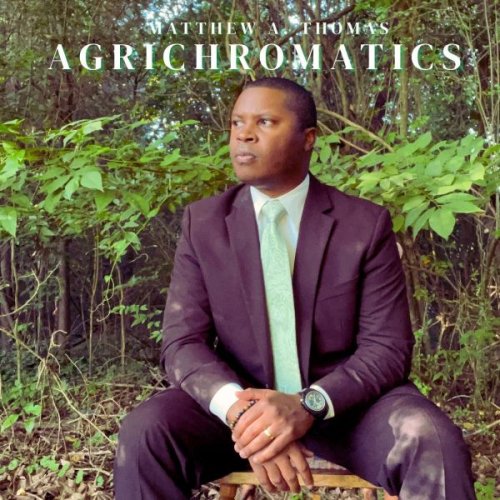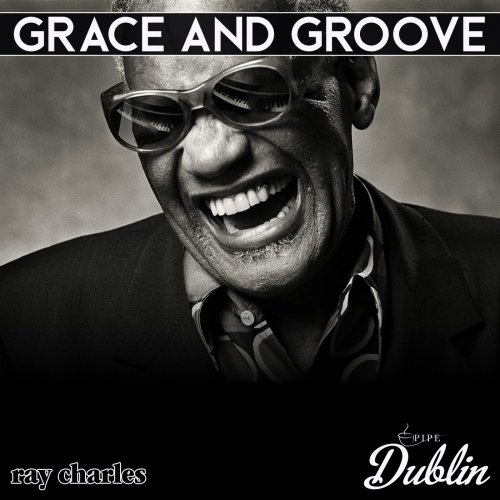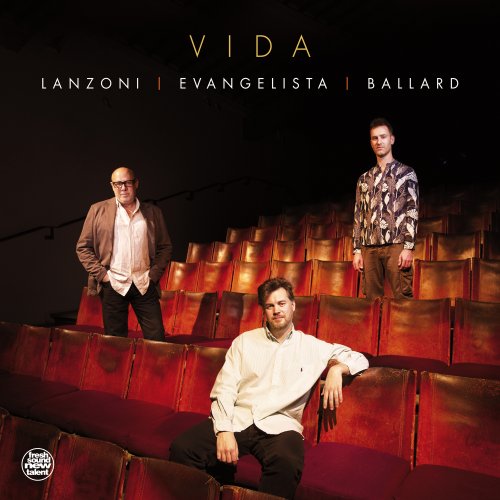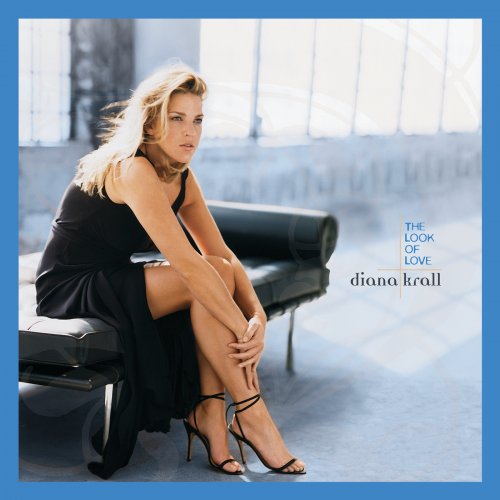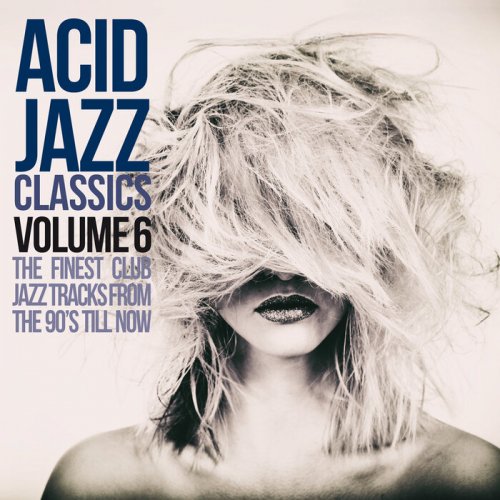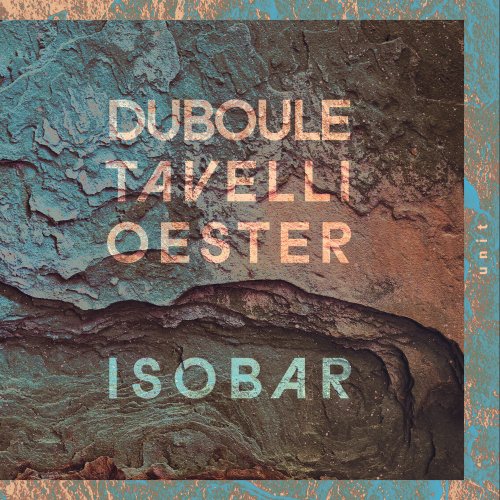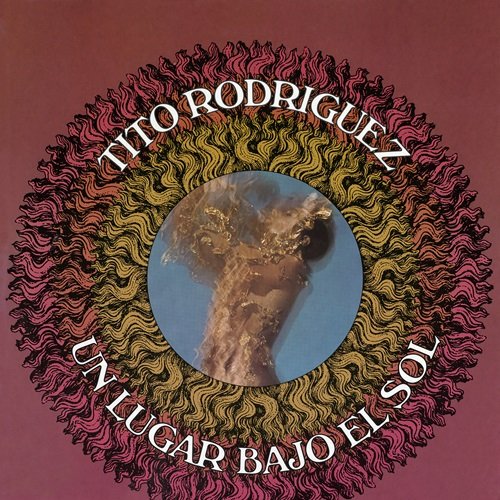Michele Bolla - Moscheles: Etudes, Op. 70 (2022)
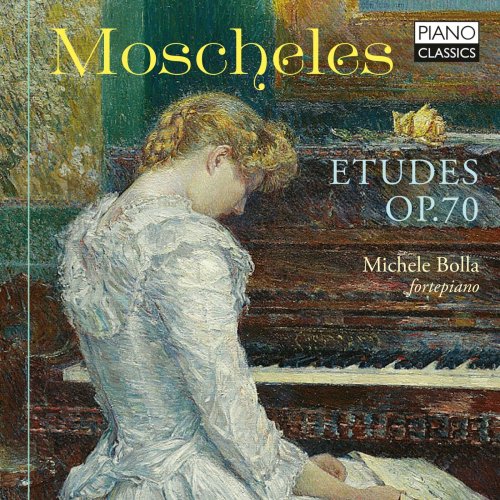
Artist: Michele Bolla
Title: Moscheles: Etudes, Op. 70
Year Of Release: 2022
Label: Piano Classics
Genre: Classical Piano
Quality: flac lossless (image +.cue, log, artwork) +Booklet
Total Time: 01:14:22
Total Size: 245 mb
WebSite: Album Preview
TracklistTitle: Moscheles: Etudes, Op. 70
Year Of Release: 2022
Label: Piano Classics
Genre: Classical Piano
Quality: flac lossless (image +.cue, log, artwork) +Booklet
Total Time: 01:14:22
Total Size: 245 mb
WebSite: Album Preview
01. Etudes, Op. 70: I. Allegro moderato in C Major
02. Etudes, Op. 70: II. Allegro energico in E Minor
03. Etudes, Op. 70: III. Allegro brillante in G Major
04. Etudes, Op. 70: IV. Lentamente con tranquilezza in E Major
05. Etudes, Op. 70: V. Allegretto agitato con passione in A Minor
06. Etudes, Op. 70: VI. Allegro giocoso in D Minor
07. Etudes, Op. 70: VII. Allegro energico non troppo presto in B-Flat Major
08. Etudes, Op. 70: VIII Allegro agitato in E-Flat Minor
09. Etudes, Op. 70: IX. Cantabile moderato ed espressivo in A-Flat Major
10. Etudes, Op. 70: X. Andantino in B Minor
11. Etudes, Op. 70: XI. Allegro maestoso e patetico in E-Flat Major
12. Etudes, Op. 70: XII. Agitato in B-Flat Minor
13. Etudes, Op. 70: XIII. Allegro brillante in D Major
14. Etudes, Op. 70: XIV. Allegro maestoso in G Minor
15. Etudes, Op. 70: XV. Allegro giocoso in A-Flat Minor
16. Etudes, Op. 70: XVI. Adagio ma non troppo in B Major
17. Etudes, Op. 70: XVII. Andantino in F-Sharp Minor
18. Etudes, Op. 70: XVIII. Allegro con brio in F-Sharp Major
19. Etudes, Op. 70: XIX. Vivace in A Major
20. Etudes, Op. 70: XX. Adagio con molto espressione in C-Sharp Minor
21. Etudes, Op. 70: XXI. Allegro moderato in D-Flat Major
22. Etudes, Op. 70: XXII. Allegro in F Major
23. Etudes, Op. 70: XXIII. Allegro marcato in C Minor
24. Etudes, Op. 70: XXIV. Preludium. Allegro comodo in F Minor
25. Etudes, Op. 70: XXIV. Fugue. Allegro moderato in F Minor
26. Etudes, Op. 70: IX. Cantabile moderato ed espressivo in A-Flat Major (2)
27. Etudes, Op. 70: X. Andantino in B Minor (2)
28. Etudes, Op. 70: XII. Agitato in B-Flat Minor (2)
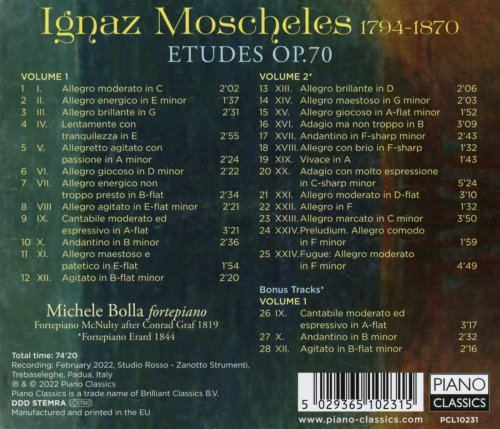
Ignaz Moscheles (1794-1870) was born in Prague. In 1808 he settled in Vienna where he was a pupil of Albrechtsberger and Salieri - thanks to whose commendations he became adjunct Kapellmeister to the Court Theatre from 1811 to 1813. Beethoven was so impressed by him that he entrusted him with the piano transcription of Fidelio. The approval of Beethoven and the establishment of a friendship between them that would continue over time were pivotal in those years to launching the young musician into the stream of the international concert world. Moscheles was a key figure in the transition period between the generation rooted in classicism (Hummel, Field, Cramer, Kalkbrenner, etc.) and the early romantics. His musical language may be best compared to that of Mendelssohn, his pupil and friend.
As stringent a critic of his fellow composers as he was of himself, Mendelssohn wrote in unusually effusive terms about the Etudes, Op. 70 when Moscheles sent them to him in 1829. "Your splendid Etudes are the best pieces of music that I have heard for a long time, as instructive and useful for the musician as they are gratifying for the listener. Might you be prepared to publish a third volume? You would be rendering a service to all music lovers".’ The Op. 70 Etudes have attracted previous recordings, complete and in part, but they are presented here for the first time on instruments of the composer’s time – an 1844 Erard and a modern copy of an 1819 Graf model – thus releasing and intensifying the colour and playfulness of works which transcend their didactic origins.
Some of technical and tonal innovations in these studies represented a creative stimulus for composers including Schumann, Liszt and Chopin. Schumann dedicated his ambitious Sonata, Op. 14 to Moscheles, and believed that the Op. 70 Etudes made his friend one of the greatest composers of piano music of the age. Surely the greatest piano teacher of his age – perhaps the greatest ever – Chopin religiously used the Op. 70 Etudes for instruction as a kind of New Testament to set alongside Bach and Beethoven. Moreover, they clearly made a considerable impact on his own Etudes, Op. 10 and Op. 25. No. 23 of Moscheles’s set is the only explicitly programmatic one, cast as "a battle among demons", but there is no shortage of immediate drama and theatre throughout the set, especially in the hands of Michele Bolla.
"Fine performances, and well recorded", was the verdict of Gramophone on Michele Bolla’s Piano Classics album of the Piano Sonatas by Moscheles.
![Gianni Brezzo - Soundscapes Vol.2 - Music for Balkan Unicorns (2025) [Hi-Res] Gianni Brezzo - Soundscapes Vol.2 - Music for Balkan Unicorns (2025) [Hi-Res]](https://img.israbox.com/img/2025-11/06/nx4yabqt8pon1of92x5c5i74d.jpg)
